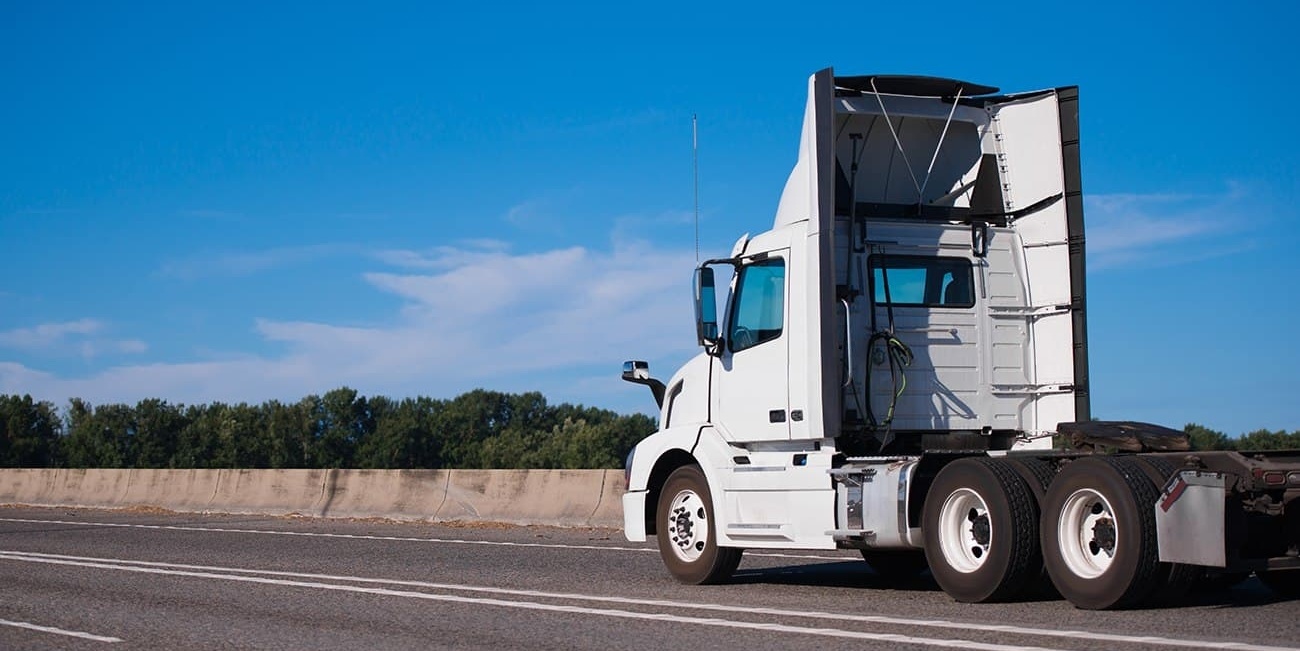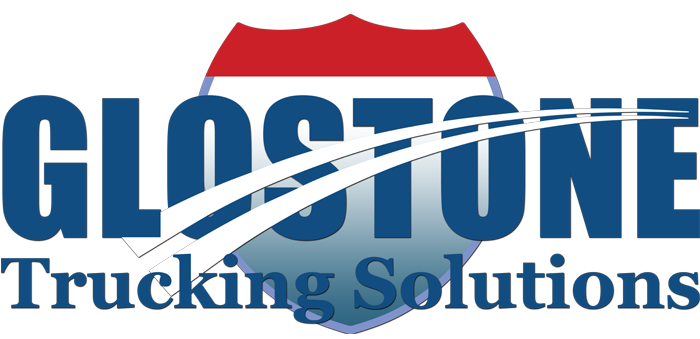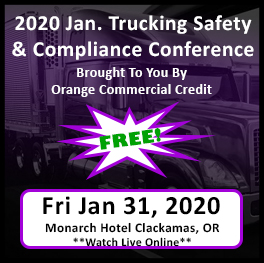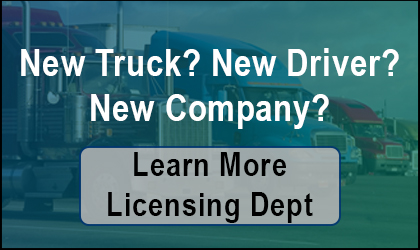
Trucking Industry Is Dealing With New California Independent Contractor Law
posted in Alerts by Brian Gray
Trucking Industry Is Dealing With New California Independent Contractor Law
*** Update: Regarding the California Independent Contractor Law: Just hours before California’s new gig-work law, AB5, is set to take effect, a federal judge issued a temporary restraining order blocking the state from enforcing it upon truck drivers.
*** A hearing on the trucking group’s request for a preliminary injunction is set for Jan. 13. Meanwhile, Benitez wrote, the plaintiffs “have carried their burden for purposes of emergency relief to show:
(1) that they are likely to succeed on the merits,
(2) likely to suffer irreparable harm in the absence of relief,
(3) that the balance of equities tips in their favor, and
(4) that their requested relief is in the public interest.”
California Governor Gavin Newsom, on Sept. 18, signed into law bill A.B.5 that will make it more difficult for companies to classify the people who work for them as independent contractors when it takes effect in January 2020.
According to the LA Times, businesses in dozens of sectors, including trucking, are scrambling to figure out how the law affects them, whether they must adapt to it, and, especially, whether they can persuade lawmakers next year for an exemption along with other already exempt occupations.
How the law affects the trucking industry
The LA Times describe the situation specifically with port truckers. Some 13,000 truckers regularly serve the ports of Los Angeles and Long Beach and only a few hundred are classified as employees.
Most of the rest are considered “owner-operators” who traditionally leased their rigs from trucking companies, drive under those companies’ permits and rely on them for work assignments. They are paid by the load and get a 1099 independent contractor tax form at the end of the year.
The model has led to widely publicized abuses. To meet clean-air regulations, trucking companies forced drivers to purchase new trucks beginning in 2008 rather than assume the expense. Many drivers, who also paid for diesel fuel, repairs and insurance, fell into debt as they worked overtime to pay off huge loans for their rigs. If they missed payments, some companies reclaimed the trucks and fired the drivers, seizing their equity.
Since 2011, more than 1,000 port truckers have filed wage theft and misclassification claims with state officials and been awarded more than $50 million in back pay and penalties. But many trucking companies have found it cheaper to pay the fines rather than hire the workers as employees.
Most are hoping that a California Trucking Association lawsuit will reach the U.S. Supreme Court and pre-empt AB 5 under a federal law that governs interstate commerce.
Carriers are also counting on the Legislature to revisit the issue next year and at least create an exemption for independent contractors who clearly have their own separate businesses and can carry loads for multiple companies.
So what are California carriers approaching the new law?
According to CCJ Magazine’s article:
- Some are taking the “wait and see” approach: The Dynamex decision is being challenged in federal court at the 9th Circuit in at least two cases and those lawsuits assert that federal law pre-empts state law and, if successful, could offer relief to carriers operating in California.
- Some may want to cut ties with California: Carriers could decide the cost of doing business in California is greater than the reward and pull out of any California operations to shield themselves from the impact of the new law.
- Some will cut ties with independent contractors: Carriers could end any owner-operator ties in California and decide to only employee company drivers. Challenges include the tough environment fleets face in recruiting new drivers and many have chosen to be independent business entrepreneurs and don’t want to be an employee truck driver.
- Impact outside of California: For out-of-state carriers who have owner-operators that live in California or that operate frequently in the state, those carriers will likely need to comply with A.B. 5.
For more details about how this will affect the trucking industry, if no industry exemption is created, register to our FREE 2020 Trucking Safety and Compliance Conference held in Portland, OR on Jan 31st, 2020 and live streamed online nationwide.







